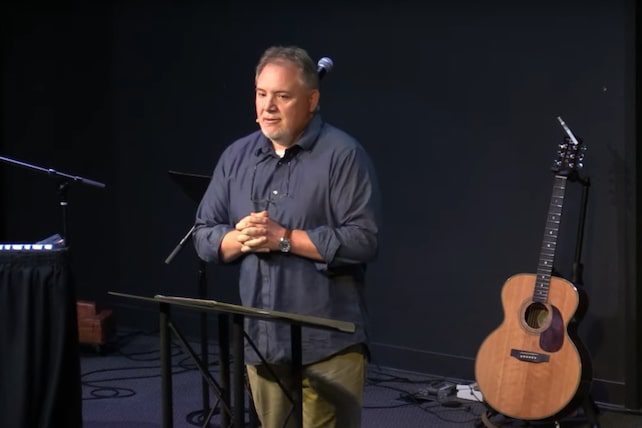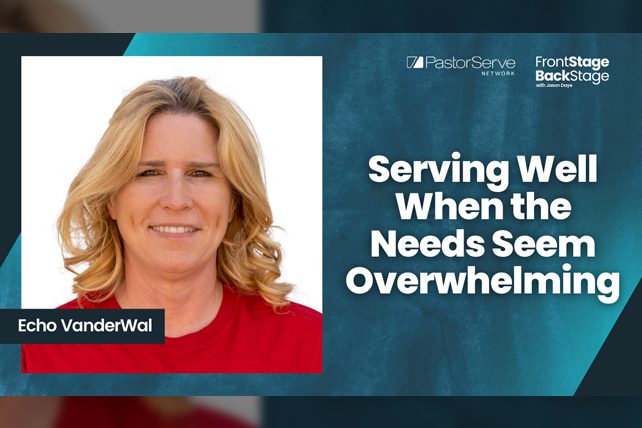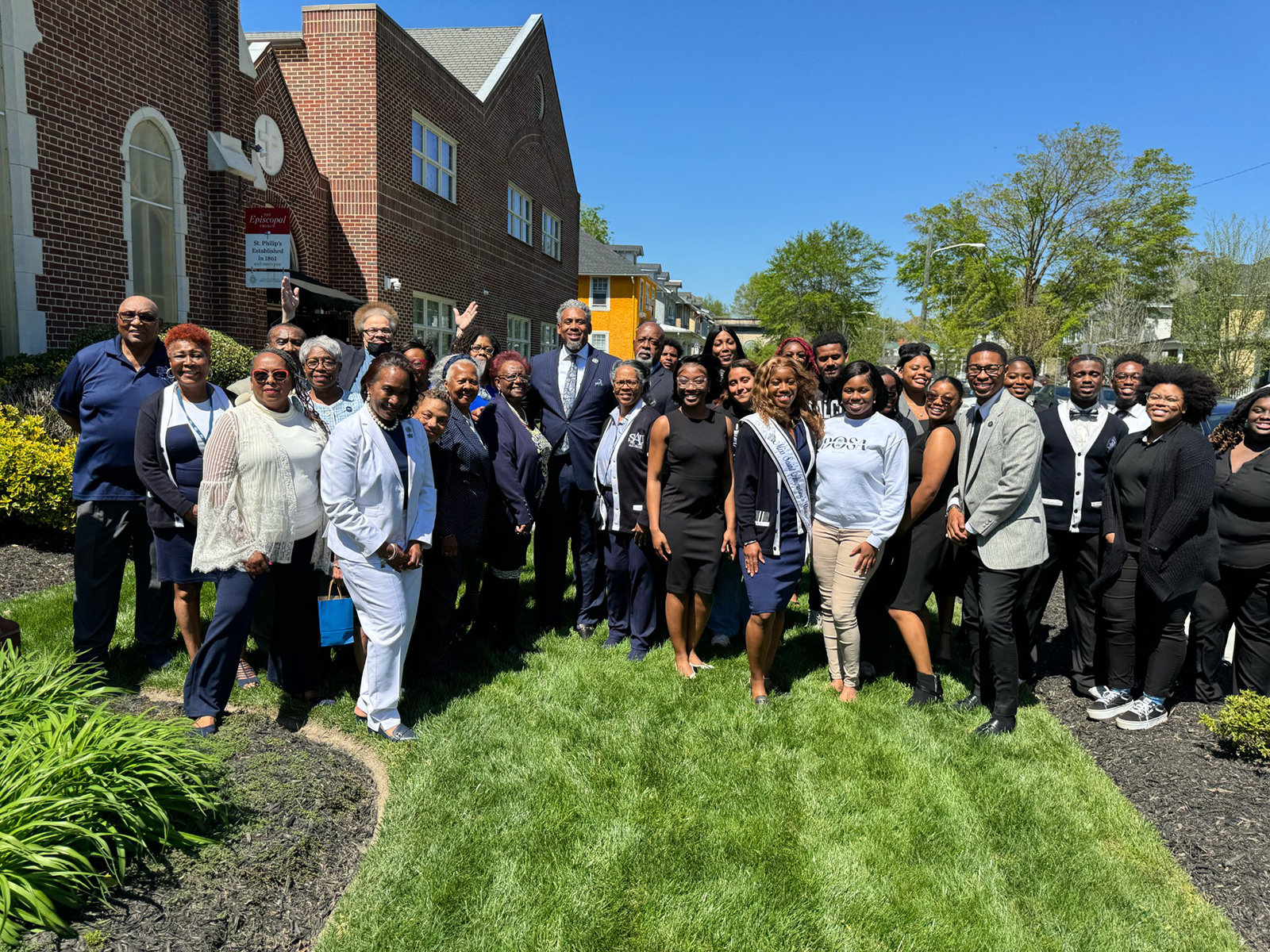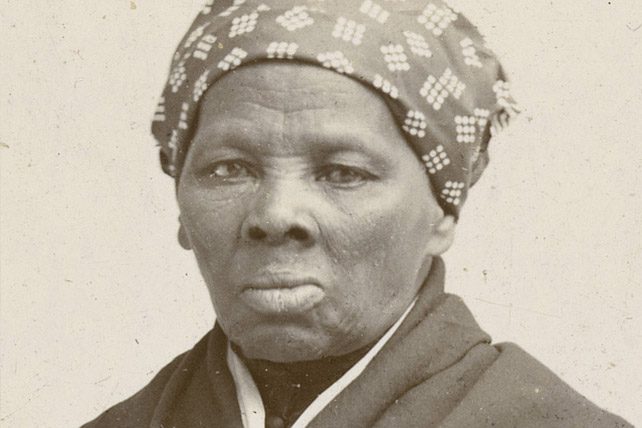On Sunday (April 28), Real Life Ministries Silver Valley in Pinehurst, Idaho, held worship for the first time since their pastor apparently died by suicide. As ChurchLeaders reported, Gene Jacobs, 59, went missing early April 22, and search teams found his body later that evening. Although an investigation is ongoing, officials indicated he died from a self-inflicted gunshot wound. They said they don’t suspect foul play.
The Silver Valley congregation has been gathering for prayer and grief counseling. A GoFundMe page was set up for the pastor’s widow, and other fundraisers are also in the works.
RELATED: Idaho Pastor Who Went Missing This Week Died From Apparent Suicide
Leaders at Real Life Ministries posted a video to help home-group facilitators address tough questions and offer members assurance and hope. On the church’s Facebook page, elders shared a list of practical ways to love and comfort people the way Jesus does.
Message After Gene Jacobs’ Death: ‘Jesus Saved Gene’
When Gene Jacobs’ congregation gathered for worship Sunday, Real Life Ministries founder Jim Putnam delivered the sermon. He acknowledged that “without Christ’s help,” only pain and confusion exist during such times.
If Jacobs did indeed die by suicide, Pastor Putnam said, then “he was wrong” and based a wrong choice on lies from the devil. But, he added, it’s “not biblical” to teach that people who kill themselves go to hell.
“Gene absolutely believed every word he said, and…every word he said concerning Jesus in the Scriptures is true,” said Putnam. “What’s also true is that people can fail and struggle, that people can make mistakes. People can get caught up in emotion. People can have thoughts run through their mind that are not true.
“Knowing Gene,” Putnam said, “he may have thought, ‘People will be better off without me…I can’t share this with other people because they already have enough burdens of their own.’”
Those are all lies from Satan, who’s a murderous manipulator, Putnam added. “What’s true is even a believer like us…can listen to the enemy, be lied to, make stupid decisions. But what is [also] true is Gene is with the Lord Jesus right now.”
Jacobs’ cause of death doesn’t change his legacy, Putnam added. Just because what the beloved pastor apparently did was “wrong and stupid, it does not discount all that he has said and…done,” he said. “We will not allow people to question Gene…We will not allow people to discount what God did through Gene in this place and in this time, because [the pastor] made a difference in all of our lives, and we will stick to the Word.”
Pastors ‘Deal With Fires All the Time’
While offering comfort from Scripture, Putnam told listeners he appreciates that the biblical authors expressed their struggles, honesty, and discouragement. That transparency reveals why humans can’t rely on their own understanding, he said.
Openness and honesty are essential for all Christian relationships, Putnam said, and so is allowing others to help carry our burdens. Although Pastor Jacobs was usually honest and transparent, “in this case he wasn’t,” Putnam said, noting that no one on the church staff realized the pastor was suffering.








 How can we remain resilient in ministry when we face tremendous challenges today and an unknown tomorrow? In this week’s conversation on FrontStage BackStage, host Jason Daye is joined by Echo VanderWal. Echo and her husband, Harry, founded The Luke Commission, the largest non-governmental health care provider in the Kingdom of Eswatini in Southern Africa. Together, Echo and Jason look at the incredible importance of soul care for yourself, your family, and your team as you serve in ministry. Echo shares stories from their ministry as they faced the height of the HIV/AIDS epidemic all the way through the COVID-19 pandemic and beyond.
How can we remain resilient in ministry when we face tremendous challenges today and an unknown tomorrow? In this week’s conversation on FrontStage BackStage, host Jason Daye is joined by Echo VanderWal. Echo and her husband, Harry, founded The Luke Commission, the largest non-governmental health care provider in the Kingdom of Eswatini in Southern Africa. Together, Echo and Jason look at the incredible importance of soul care for yourself, your family, and your team as you serve in ministry. Echo shares stories from their ministry as they faced the height of the HIV/AIDS epidemic all the way through the COVID-19 pandemic and beyond.

















